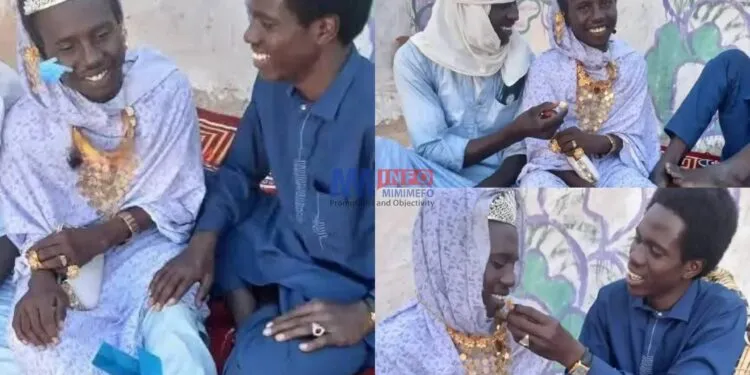A recent union between two young men from the Zaghawa community in Tiné, a town in northeastern Chad bordering Sudan, has elicited a range of reactions. The event, reportedly a same-sex marriage, occurred two days prior.
Sources indicate the ceremony was held privately with a limited number of attendees. The union has prompted diverse commentary within Tiné and beyond, encompassing surprise, disapproval, and cautious silence.
In a society largely adhering to traditional norms, such unions are uncommon and often considered a sensitive topic. Regional administrative, customary, and religious authorities have yet to issue any official statements regarding the event.
Online and Public Discourse
Reactions have surfaced on social media platforms and in public spaces in N’Djamena and northern localities. Some commentators have described the union as unconventional, while others view it as indicative of evolving generational perspectives or a deliberate challenge to established norms. Notably, several prominent figures known for their community and moral standing have not yet commented publicly.
Reopening Societal Debates
This development has also reignited discussions concerning social conduct and the interpretation of the term “strong man” within Chadian society. Online discussions have referenced past events, such as the Zouhoura case in 2016, which generated significant national outcry. The silence or perceived ambiguity of certain public figures at that time drew criticism.
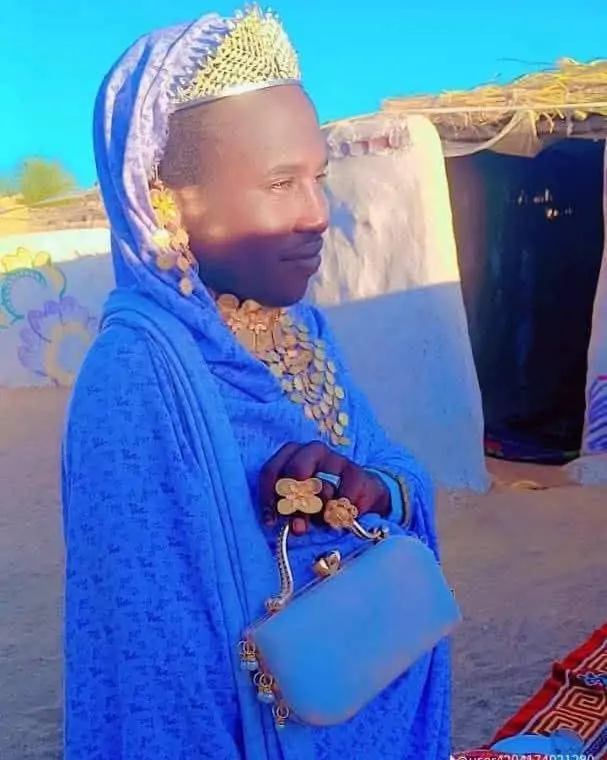
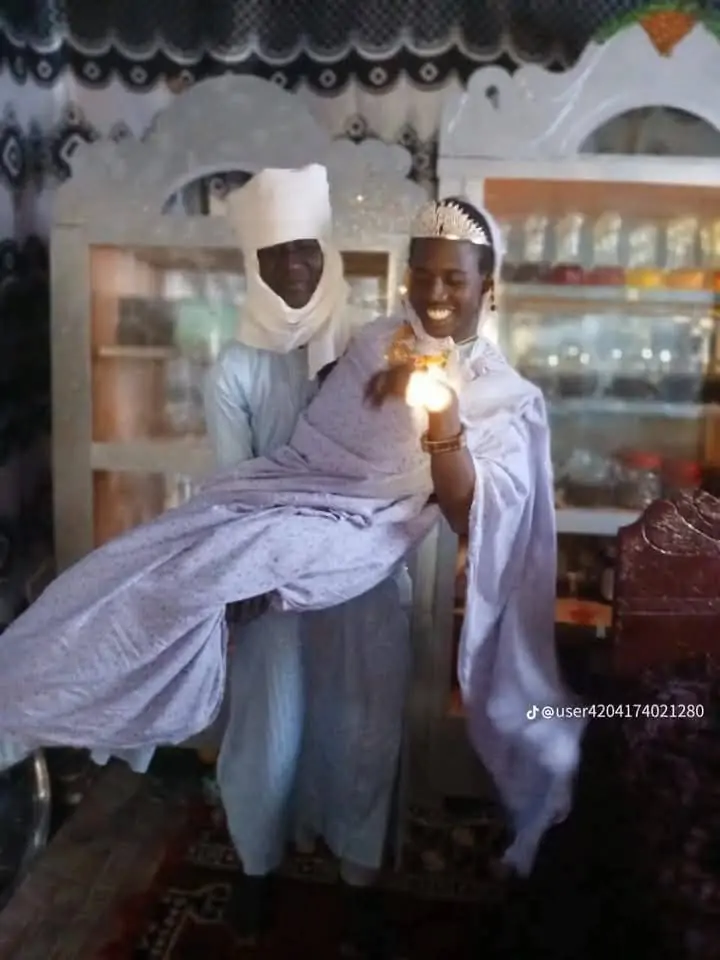
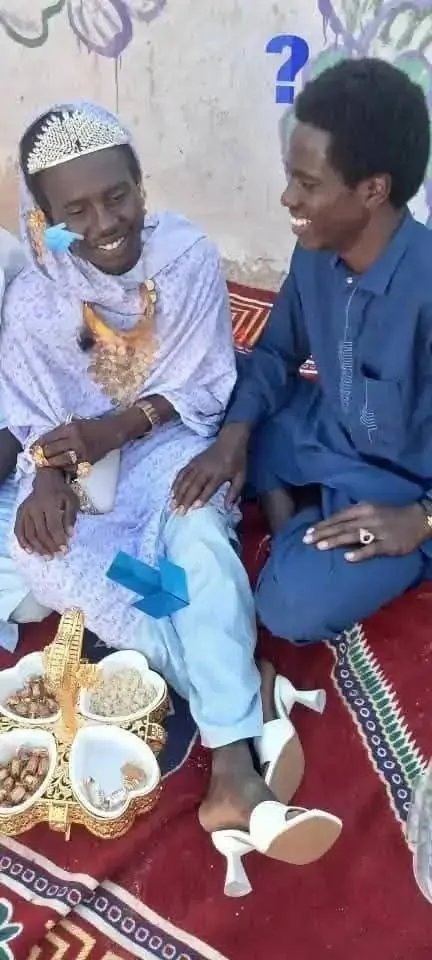
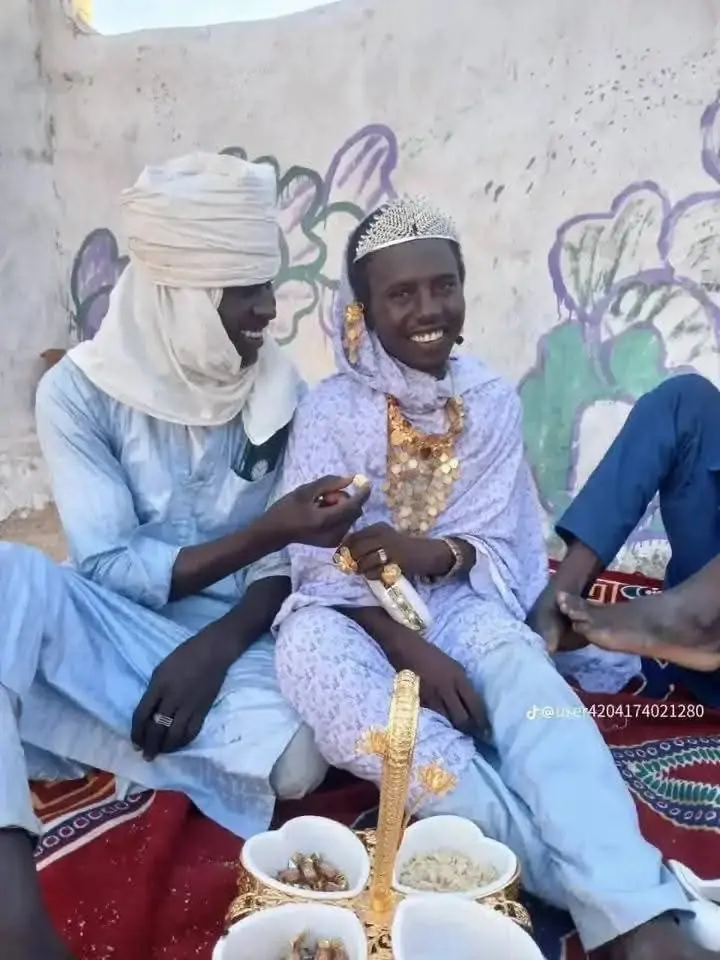
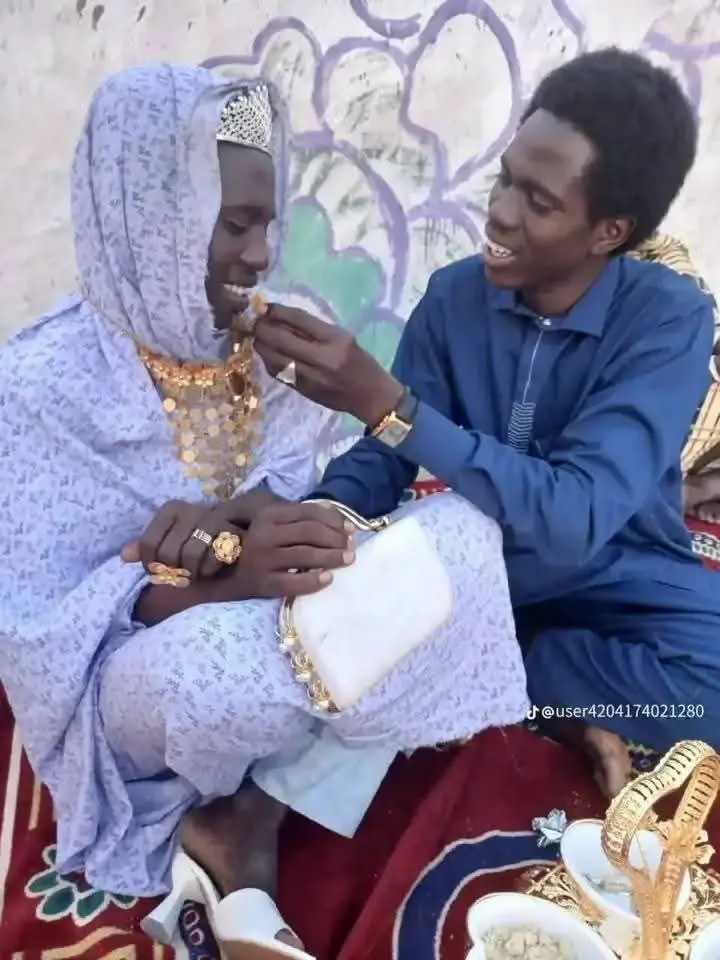
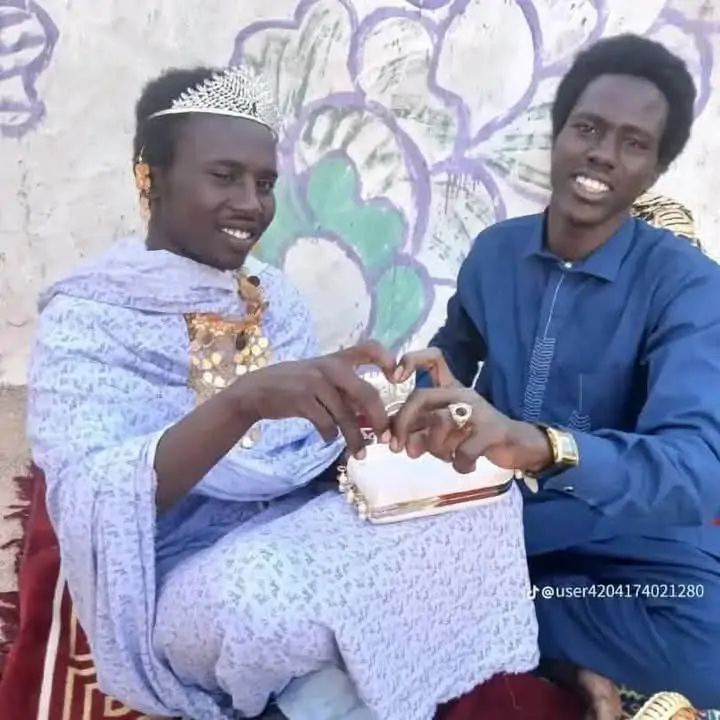
Questions of Individual Liberty and Cultural Values
The recent marriage in Zaghawa raises fundamental questions regarding individual autonomy within society, personal freedoms, cultural norms, the influence of community leaders, and perceptions of masculinity within specific population segments.
Currently, neither the families involved nor local religious leaders have offered official statements. The immediate environment in Tiné remains observably calm.


